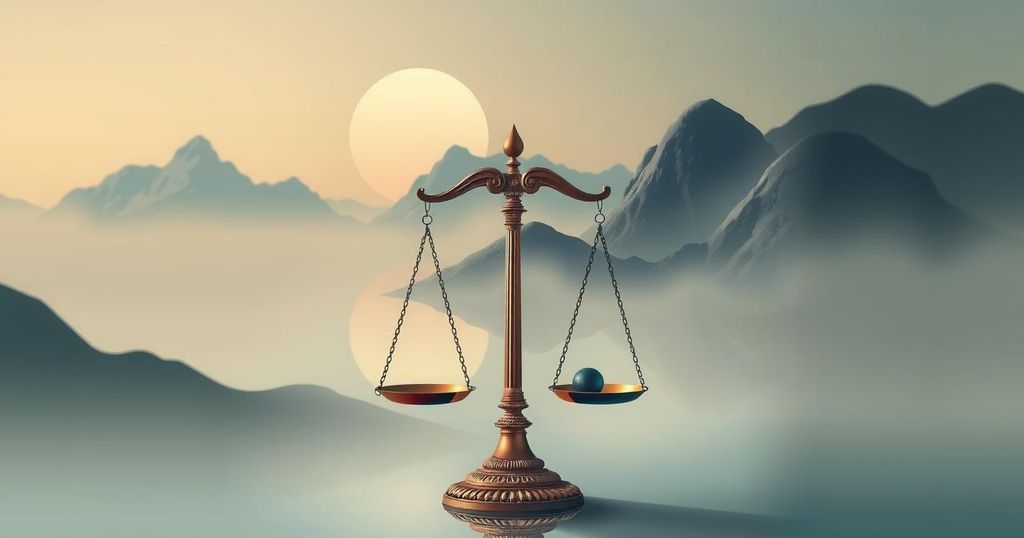Trump’s Refugee Proposal for White Afrikaners Faces Severe Backlash in South Africa

Trump’s proposal to accept Afrikaners as refugees received backlash in Johannesburg, viewed as misguided and absurd. Critics stress the lack of persecution for whites in modern South Africa, while recent policies clarify property seizure under public interest. Historical precedents complicate perceptions of victimization among whites, raising questions about Trump’s true intentions and the societal implications of his claims.
In Johannesburg, President Donald Trump’s proposal to accept white Afrikaners as refugees has sparked significant criticism and confusion among South Africans. Many, regardless of racial background, labeled the offer as “ridiculous” and “lame”. Trump previously cut aid to South Africa, citing unverified claims of land seizures and persecution of Afrikaners, which raised eyebrows within the country.
Prominent South African billionaire Elon Musk has supported various conspiracy theories related to the Afrikaner community. Lulusuku Mahlangu, an electrical engineering student, expressed skepticism towards Trump’s awareness of the situation, suggesting external influences might be prompting Trump’s statements. He emphasized that greed often accompanies power dynamics.
Critics highlighted the absurdity of assigning victim status to whites in South Africa, recalling the era of apartheid ruled by an Afrikaner nationalist government until 1994. Despite historical inequities, many South Africans, such as telecommunications specialist Lwandle Yende, noted the absence of persecution and characterized the current narrative as inaccurate.
Trump’s remarks stem from a new law that permits the South African government to seize property without compensation under specific circumstances, clarified by legal experts as a framework enhancement rather than an expansion of governmental authority. The proposal to accept Afrikaners was met with surprise, even within right-wing advocacy groups, which noted potential racist implications.
Pastor Israel Ntshangase remarked on the detrimental impact of Trump’s policies on Africa, claiming that his governance has historically betrayed the continent. The South African government reacted to Trump’s resettlement suggestions, emphasizing the irony of such rhetoric from a nation promoting deportations, while questioning who would willingly leave South Africa.
Despite ridicule regarding the proposal from both white and black South Africans, there appears to be a notable interest among Afrikaners contemplating relocation. Matthew Butler, a tax specialist, noted the challenges of living in the United States, particularly regarding job prospects. Professor Hannah Maja sarcastically suggested that anyone wishing to leave should be permitted to do so, emphasizing the ongoing struggles experienced by the black population. Conversely, student Clayton Ndlovu acknowledged the necessity of Afrikaners in national dynamics, interpreting Trump’s actions as attempts to create undue fear.
In summary, Trump’s offer to accept white Afrikaners as refugees has been met with widespread derision in South Africa. Many residents, including students and professionals, are puzzled by the notion that whites could be viewed as victims in a post-apartheid context. As the nation questions the motivations behind Trump’s statements, the discourse highlights significant historical and contemporary disparities within South African society, emphasizing the ongoing complexities of race relations and societal narratives.
Original Source: www.ndtv.com







